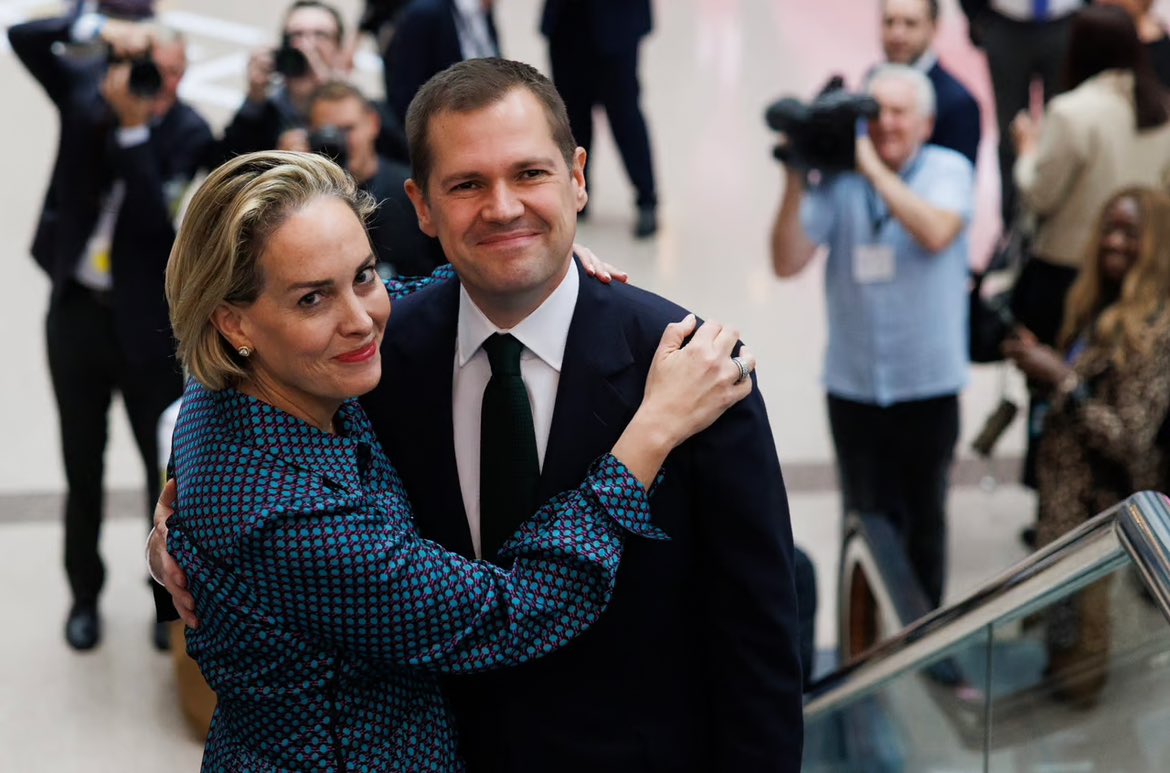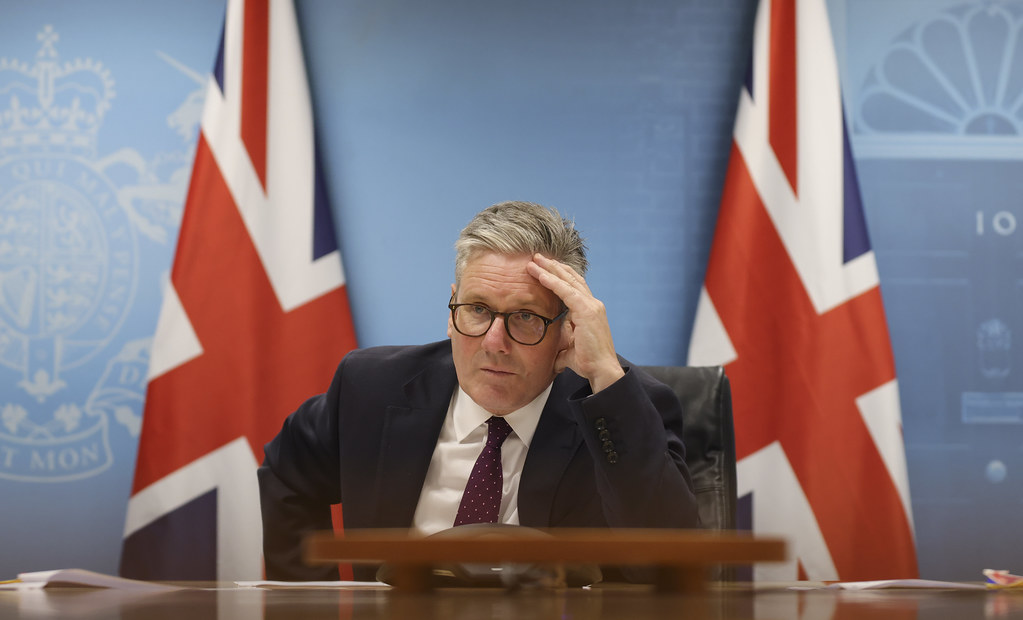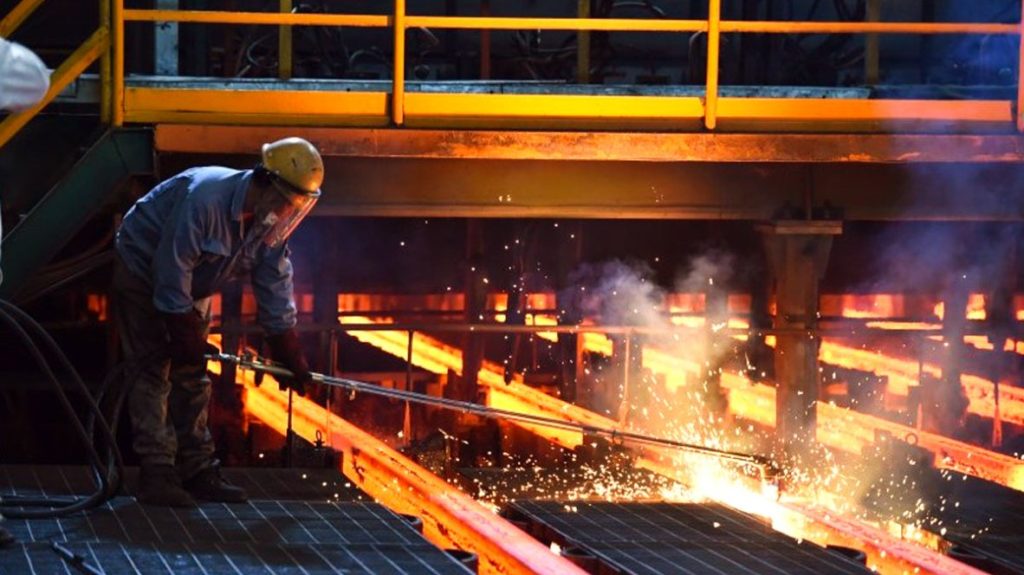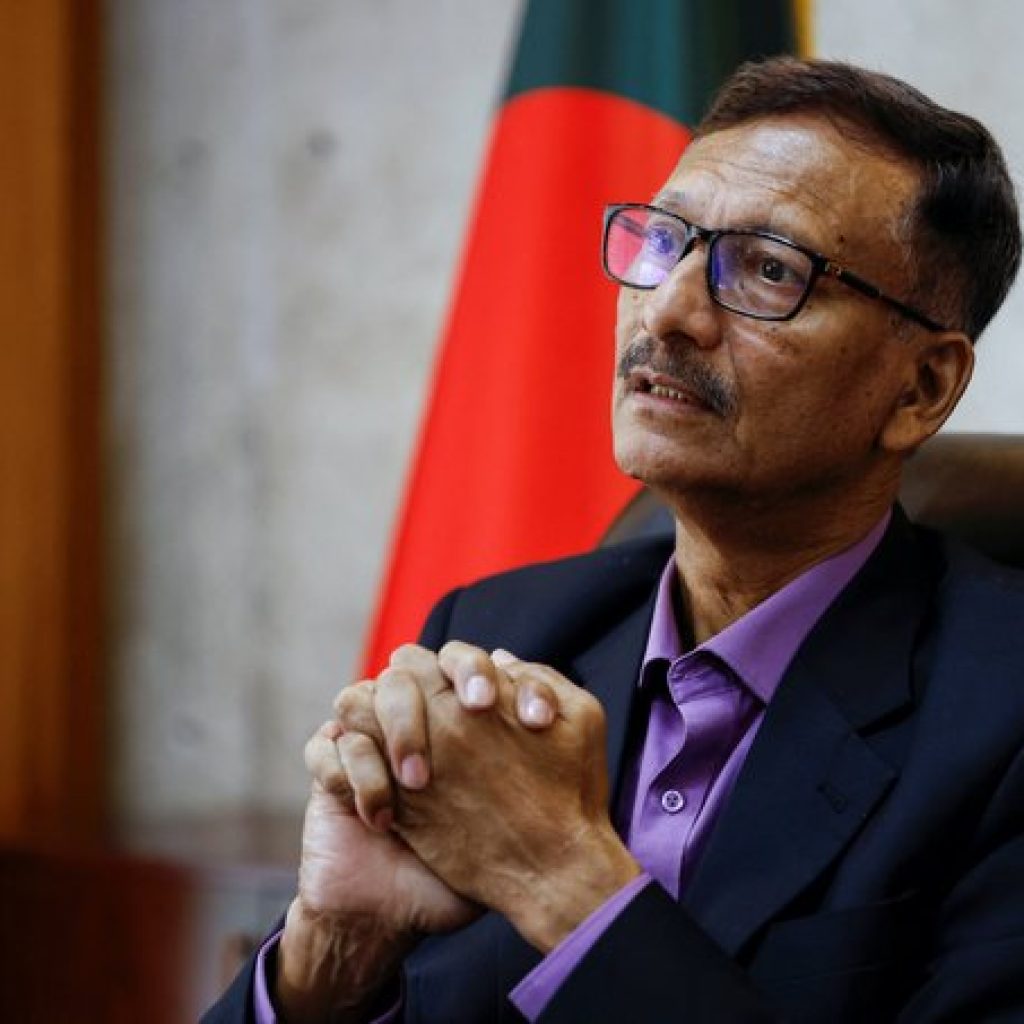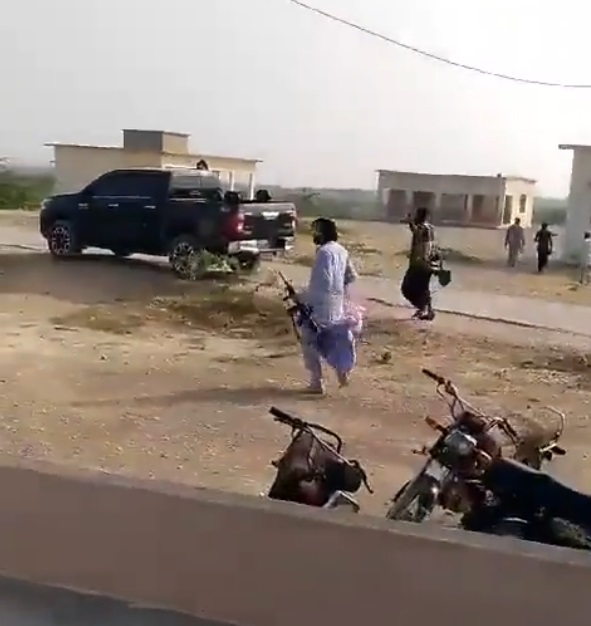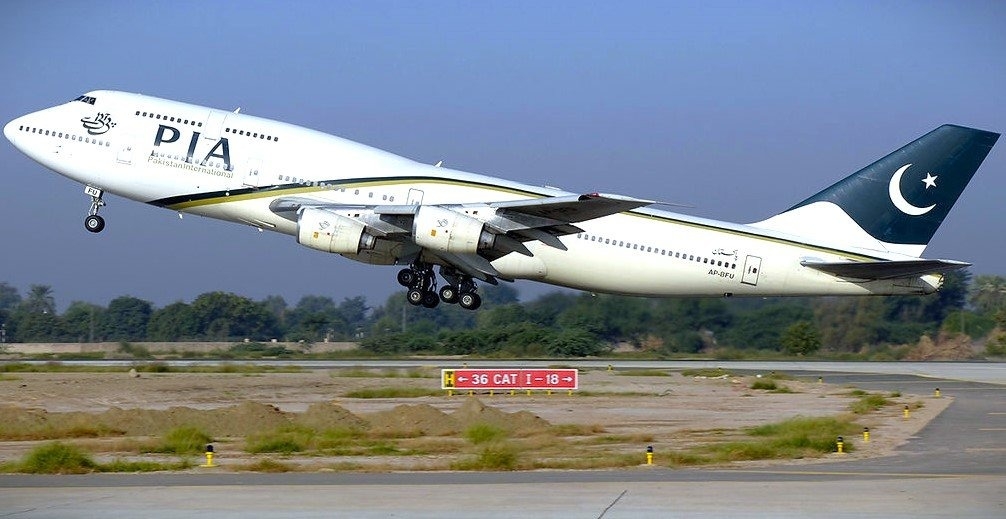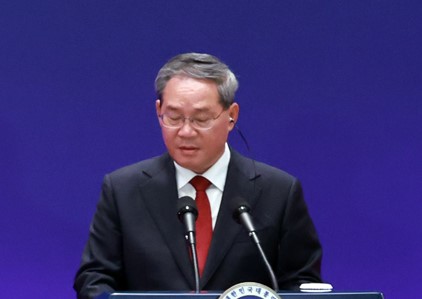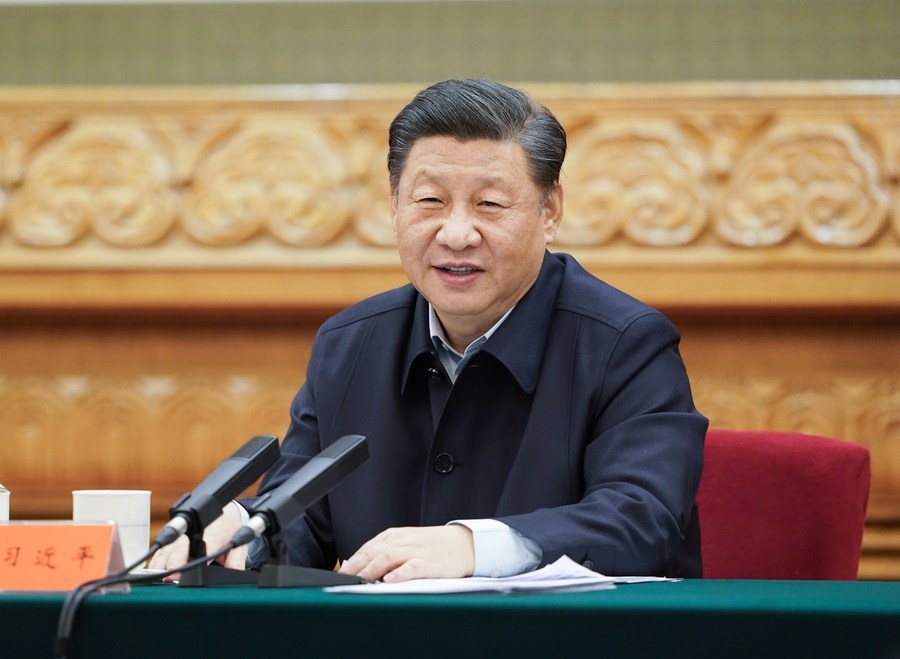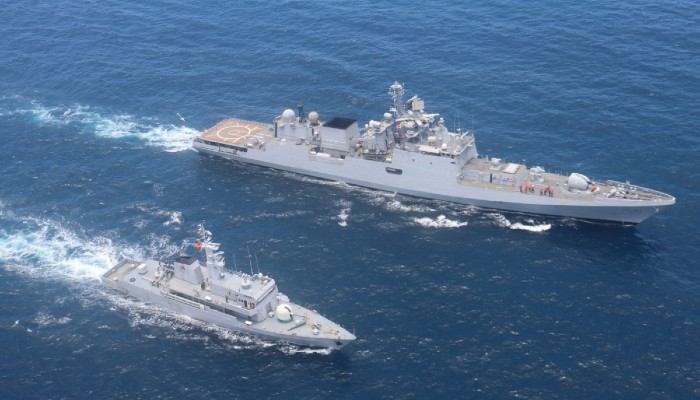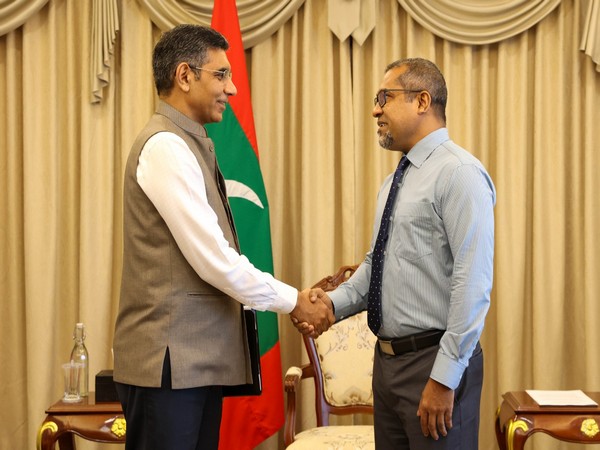Adding that the idea of reforming the treaty was a “fantasy”, Tories must back ECHR exit to survive, says Jenrick argued the issue was now one of “leave or remain”….reports Asian Lite News
Also speaking at the conference, she did not rule out leaving the treaty, but argued deporting more failed asylum seekers should be the priority.
Tory leadership hopeful Robert Jenrick has told activists the party will “die” unless it advocates leaving the European Convention on Human Rights (ECHR). The former Home Office minister told supporters at the party’s annual conference the convention had made it “impossible to secure our borders”.
Adding that the idea of reforming the treaty was a “fantasy”, he argued the issue was now one of “leave or remain”. But fellow leadership contender Kemi Badenoch warned party members that leaving the ECHR would not address “the root of the problem”, saying that it could lead to Brexit-style “legal wrangling” and opposition in the House of Lords.
Also speaking at the conference, she did not rule out leaving the treaty, but argued deporting more failed asylum seekers should be the priority.
Whether the UK should continue its 71-year membership of the ECHR has emerged as a key dividing line between the four remaining leadership candidates at the party’s annual conference in Birmingham.
Legal challenges filed under the convention grounded flights scheduled under the government’s failed Rwanda deportation scheme, which was later ruled unlawful by the UK’s Supreme Court and has now been scrapped by Labour.
MPs on the right of the party have increasingly blamed the convention for enabling failed asylum seekers to challenge their removal from the UK. Jenrick, who topped the first two leadership ballots of Tory MPs, has put a pledge to leave the convention at the heart of his campaign to succeed Rishi Sunak as Conservative leader – a pledge which has not been echoed by his three rivals.
Former home and foreign secretary James Cleverly wants to revive the Rwanda scheme, but has not backed an exit from ECHR. Speaking at the conference, former security minister Tom Tugendhat said the UK should be “prepared” to leave the treaty, but should first try and “opt out of the bits you can, [and] reform the bits that aren’t working”.
But this idea has been rejected by Jenrick, who told supporters attempts at reform were “as doomed to fail” as David Cameron’s renegotiation of EU membership in the run-up to the 2016 Brexit referendum. He said he was “not in favour of banging on about Europe”, but the issue had become a “running sore” that could remain unresolved for “year after year”.
As well as making it “impossible to secure our borders”, he claimed the treaty had stymied the removal of “dozens of terrorists” and “dangerous foreign criminals”. Echoing the choice at the Brexit vote, he added: “It boils down to this: it’s leave or remain”, adding he wanted to “end this farce once and for all”.
“Frankly, our party doesn’t have a future unless we take a stand and fix this problem. It’s leave or die for our party.” On Tuesday, Jenrick was pressed on his widely-criticised claim that UK special forces are killing rather than capturing terrorists “as a result of the constraints imposed upon our armed forces by the ECHR”.
Asked what evidence he had by BBC Radio 4’s Today programme, Jenrick said: “The point I was making was one that our former defence secretary Ben Wallace has made, which is that our human rights apparatus including the ECHR is encroaching on the battlefield.”
Asked for details, Jenrick said it would be inappropriate for an ex-minister “to elaborate on particular cases”.
Speaking at a fringe event on Monday, Badenoch said she agreed that the ECHR could not be reformed. Although she did not rule out the idea of leaving the convention, she said doing so could lead to “the same issue” as trying to get the convention changed, as well as Brexit-style “legal wrangling” and opposition in the House of Lords.
“If we need to leave the ECHR, then yes, let’s do that,” she told party members. “But if we left the ECHR today, I don’t think we’d be deporting anyone any faster,” she said, adding that people whose asylum claims had failed would “find another reason” to challenge their removal.
Arguing that other countries applying the convention managed higher deportation rates, she said there were “many” public officials in border control roles who “don’t want” to remove people from the UK. “They want to look after refugees, they want to look after asylum seekers. I think that’s great, but that’s probably not the right job for them,” she added.
“If you have people who don’t want to carry out the enforcement, it doesn’t matter what your laws are.
ALSO READ: ‘Unacceptable’: Congress slams detention of Wangchuk at Singhu border

